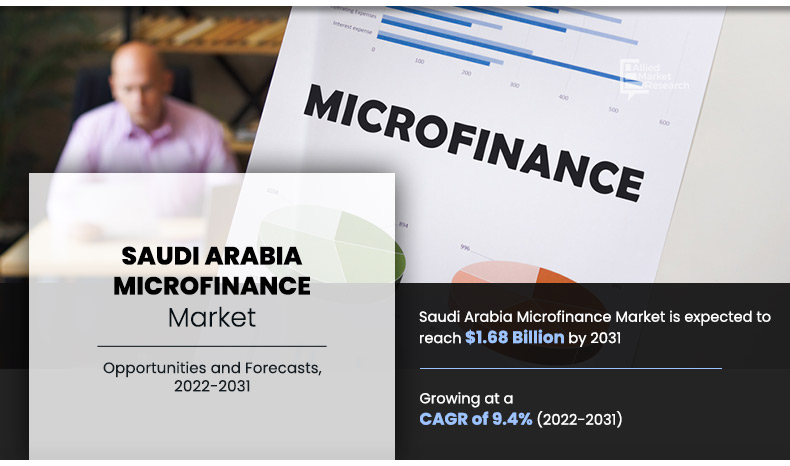
The Kingdom's efforts to diversify its economy away from oil dependence are evident in the remarkable growth of its e-commerce market, which has become a pivotal aspect of its Vision 2030 initiative. Government reforms, including regulatory enhancements and infrastructure investments, have facilitated a more conducive environment for online businesses. Initiatives aimed at bolstering logistics and payment systems have also played a crucial role in fostering this growth, allowing consumers to engage with a broader array of services and products with greater convenience.
Notable players in the market, including both local startups and established international brands, have contributed significantly to this growth. Companies like Noon, Souq.com (now part of Amazon), and various smaller enterprises are competing fiercely to capture a larger market share. These platforms are not only enhancing their service offerings but are also adapting their strategies to cater to evolving consumer preferences, such as increased demand for quick delivery options and personalized shopping experiences.
As consumers increasingly prioritize efficiency and ease of access, mobile shopping has gained traction, with many transactions occurring via smartphones and tablets. This trend highlights the necessity for businesses to optimize their platforms for mobile use, ensuring seamless navigation and purchase experiences. Furthermore, the rise of social commerce, where purchases are facilitated through social media platforms, underscores a broader transformation in how consumers discover and buy products.
The demographic profile of online shoppers in Saudi Arabia is also evolving. Younger consumers, particularly millennials and Generation Z, are more inclined to engage with e-commerce, driving demand for innovative and unique products. This shift is influencing businesses to curate their offerings and invest in digital marketing strategies aimed at capturing the attention of these tech-savvy shoppers.
The Saudi government has implemented several initiatives to further bolster the e-commerce sector, including the "e-commerce law" designed to regulate online transactions and protect consumer rights. These legal frameworks not only enhance consumer confidence but also provide a structured approach for businesses to operate, ensuring compliance with national standards. Such measures are pivotal in establishing a trustworthy environment for both buyers and sellers.
The Kingdom has seen substantial investments in technology and digital infrastructure, further supporting the growth of e-commerce. The expansion of high-speed internet access across urban and rural areas enables broader participation in online shopping, ensuring that consumers are connected regardless of their location. The focus on digital payments has also simplified the purchasing process, making it more accessible for a wider audience.
As Saudi Arabia continues to embrace digital transformation, the e-commerce landscape is expected to evolve rapidly. Companies are exploring the integration of artificial intelligence (AI) and data analytics to personalize customer experiences, streamline operations, and optimize inventory management. This technology-driven approach not only enhances efficiency but also aligns with global trends in retail and commerce.
The competition within the e-commerce sector is intensifying, prompting businesses to innovate continuously. Efforts to enhance customer service, improve delivery speeds, and develop loyalty programs are increasingly becoming standard practices. As consumer expectations rise, businesses that can adapt and respond quickly to these changes will likely emerge as leaders in the market.
International companies eyeing entry into the Saudi e-commerce space are also finding the landscape increasingly attractive. The Kingdom's strategic location, combined with its young and tech-savvy population, presents ample opportunities for foreign investment. This influx of international players is likely to further stimulate growth and enhance the diversity of products available to consumers.
Sustainability has also become a focal point in the e-commerce sector, with businesses recognizing the importance of environmentally responsible practices. Initiatives aimed at reducing packaging waste, optimizing supply chains, and incorporating green logistics solutions are gaining traction. As consumers become more environmentally conscious, businesses that prioritize sustainability are likely to resonate more with their target audience.
Topics
Saudi Arabia
